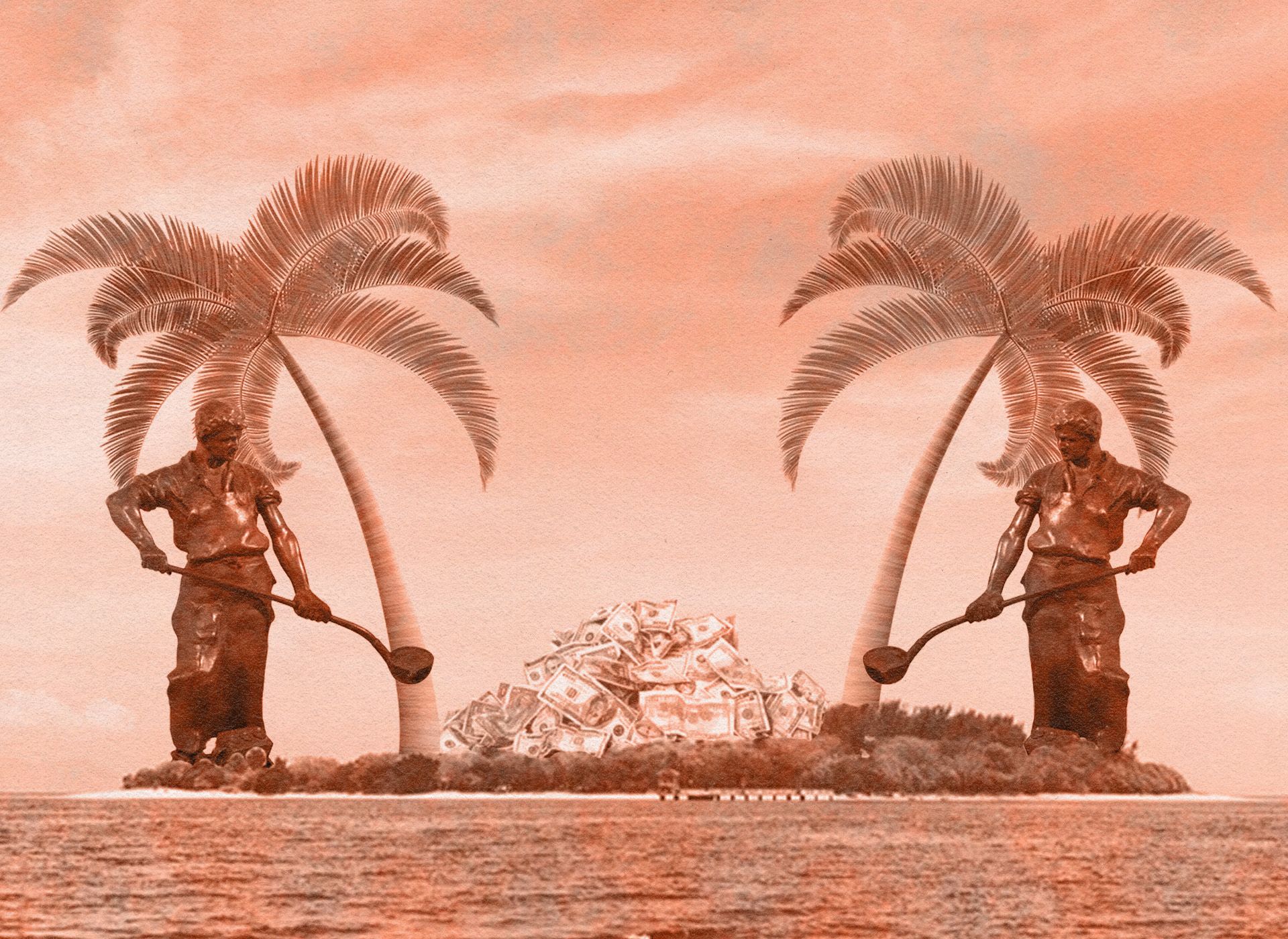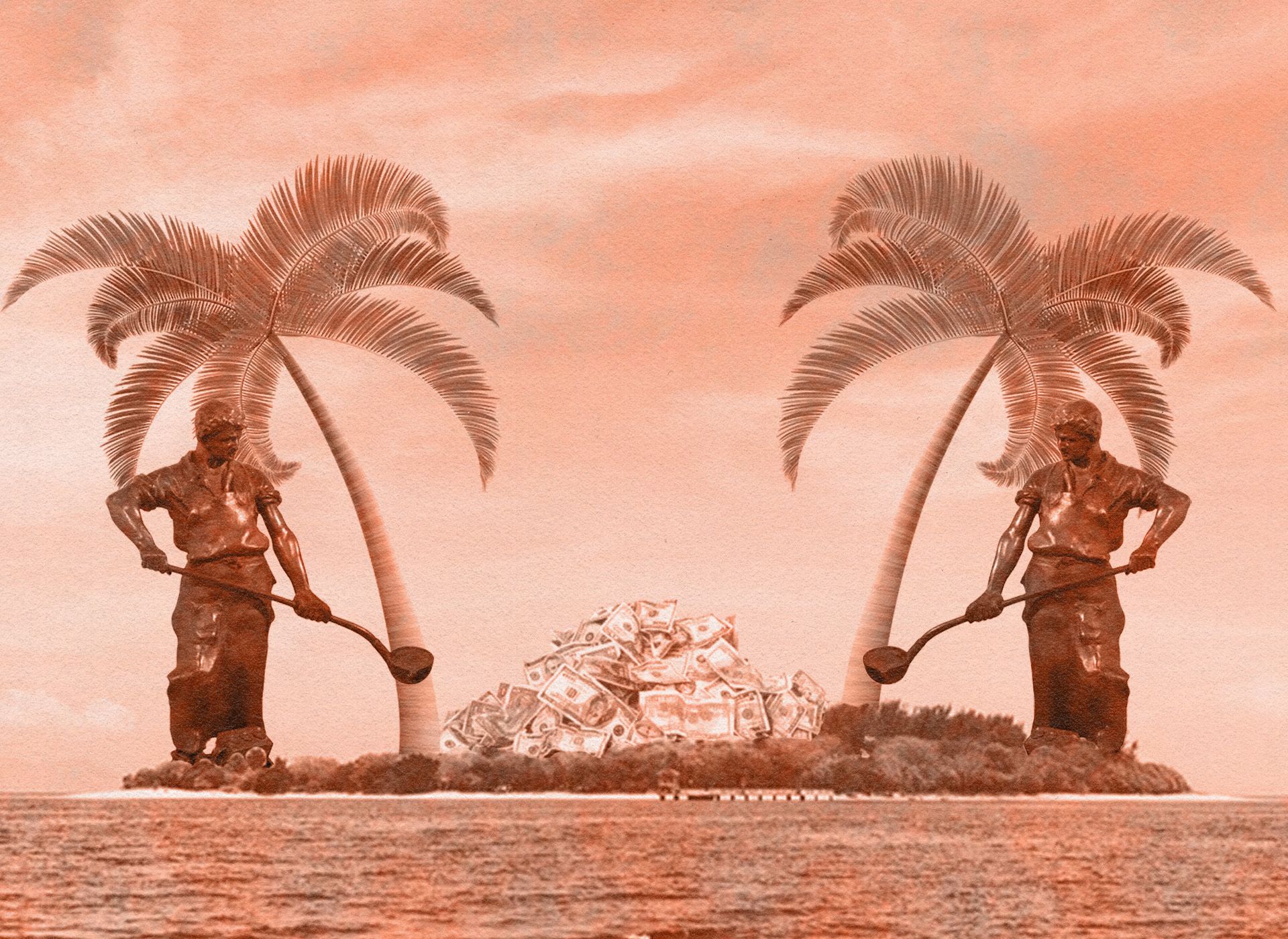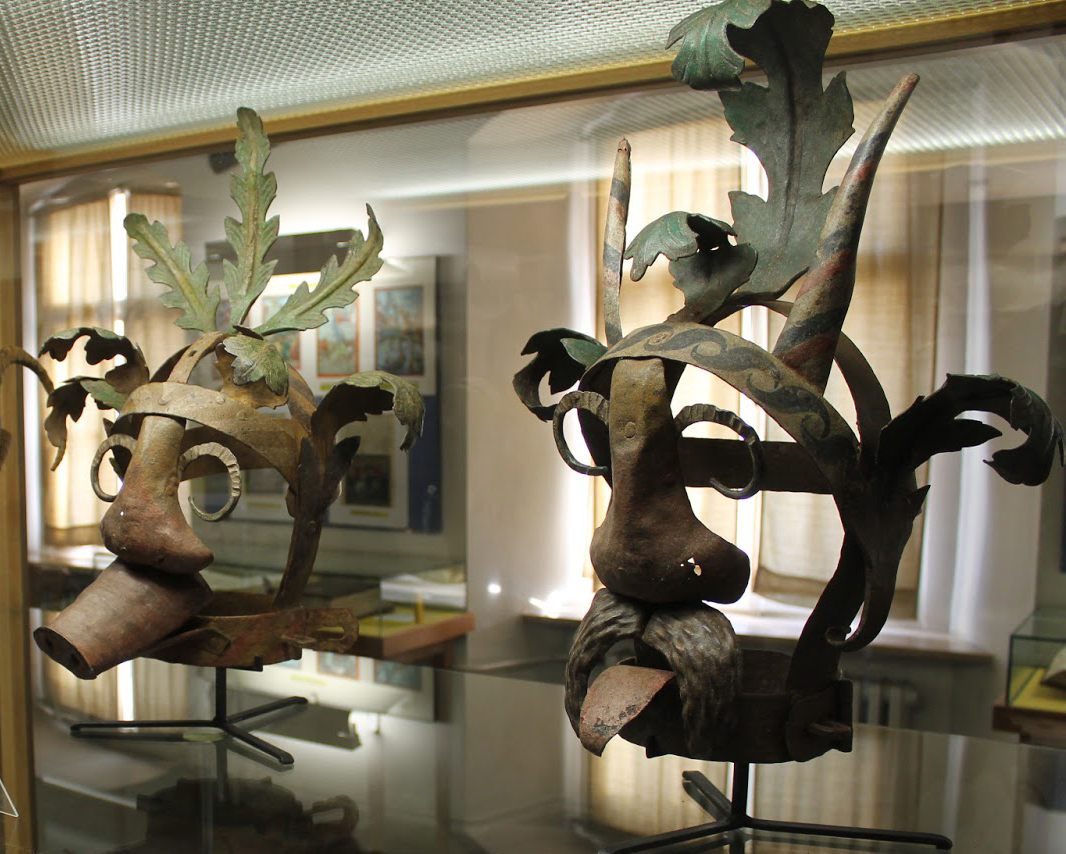
From the Editor: Notes for the March 4th Weekend
⁂ Nashville's Alt-Daily ⁂ Weekly Wrap Up · Movies · France · Jefferson · Adventure · Masks · Much More!
Good afternoon, everyone.
Our most trafficked story this week was Jerod Hollyfield's debunking of NewsChannel5's Phil Williams' attempt to discredit freshman Representative Andy Ogles for massaging his resume.
Less a defense of Ogles and more an exploration of how Williams has gotten away with hacking together stories out of nothing, responses to the piece were more concerned with Ogles and whether he deserved to be defended than with the shoddy reporting of Williams.
Whatever you might think of Ogles, it's worth a read and exposes how local journalists are able to prey on their intended audience's ignorance, choosing to exploit them rather than inform them.
Onward.
⧖⧗⧖ ENJOY THE PAMPHLETEER? ⧗⧖⧗
Consider a donation. Help us grow our coverage, expand our reach, and explore a wider variety of topics.

Jerod Hollyfield takes a look at a couple of recent movies and talks about what they say about Hollywood's ever-growing distance from the grievances of the common man.

MORE FROM JEROD
- Most Anticipated Movies of 2023 (Read)
- The Pamphleteer’s Comprehensive 2023 Movie Guide (Read)
- The Pamphleteer’s Top Ten Films of 2022 (Read)
- Franklin Goes to Hollywood (Read)

❍ AROUND THE WEB
🇫🇷 A thorough read that offers a succinct explanation for declining fertility rates in France. The once dominant force on the European continent, France serves as an interesting case study. At the height of its power, 1 in 25 people in the world were French. Today, less than 1 in 100 are French.
Guillaume Blanc, showing that the decline in fertility took hold in France in the 1760s—more than a century earlier than in any other country—offers a theory: the declining influence of the Catholic Church in the country.
With the loss of influence of the Church, the clergy could not oppose fertility controls anymore. In the eighteenth century, Casanova resorted to condoms (English riding coats,which were were made of linen or animal intestines, and weren’t too effective or widespread) and the enlightened elites and bourgeoisie of France practiced libertinage, les plaisirs de la petite oie (the pleasures of the little goose, to refer to mutual masturbation), and plenty of other pleasures alike. Ordinary people, liberated ‘from the teachings, the restrictions, and the yoke of the Catholic Church’, simply used coitus interruptus.
The regions that secularized experienced a much earlier decline in fertility than those that did not. The difference between Provence, a stronghold of dechristianization, and Brittany, a stronghold of Catholicism, is almost as large as that between France and England. According to the genealogical data, these places did not have lower fertility before: the fertility transition only took place after dechristianization. I also find that the effect persisted for generations, as persons born in secular places passed their secular values on to their children, even after moving to places with different institutional and cultural norms. This means that dechristianization was not only institutional but rather, and above all, cultural.
Source: France’s baby bust
Works In Progress, 24 February 2023, Read Online
--
🇺🇸 Thomas Jefferson's advice to his nephew on travel:
Traveling makes men wiser, but less happy. When men of sober age travel, they gather knowledge, which they may apply usefully for their country, but they are subject ever after to recollections mixed with regret—their affections are weakened by being extended over more objects, and they learn new habits which cannot be gratified when they return home. Young men who travel are exposed to all these inconveniences in a higher degree, to others still more serious, and do not acquire that wisdom for which a previous foundation is requisite, by repeated and just observations at home. The glare of pomp and pleasure is analogous to the motion of the blood—it absorbs all their affection and attention, they are torn from it as from the only good in this world, and return to their home as to a place of exile and condemnation. Their eyes are forever turned back to the object they have lost, and its recollection poisons the residue of their lives. Their first and most delicate passions are hackneyed on unworthy objects here, and they carry home the dregs, insufficient to make themselves or anybody else happy. Add to this that a habit of idleness—an inability to apply themselves to business—is acquired and renders them useless to themselves and their country.
Source: Stay Home, Young Man
Latham's Quarterly, Read Online
--
⚱️ An interview with Simon Mann—best described as a mercenary general of sorts—has spent years dabbling militarily in Africa. Here's a slice from his biography:
In 1993, Mann went to Angola to seek fortune in the oil industry with his friend Tony Buckingham. Within months of their arrival, the oil-producing city of Soyo was captured by anti-government rebels. It seemed like their oil venture was doomed—until, as Mann tells the story, he proposed a solution: reconquer Soyo. Mann and Buckingham called upon South African contacts, most of whom had backgrounds in the South African Defence Force and the shadowy Civil Cooperation Bureau (CCB), an apartheid-era counterinsurgency unit. One of these contacts, Eeben Barlow, was a former South African military officer who had seized the opportunity of apartheid’s collapse to recruit compatriots into a private military company (PMC) called Executive Outcomes (EO).
Together, they secured Angolan government contracts for EO to reconquer Soyo, and eventually help the government win the civil war. Their success in achieving an Angolan victory put Mann and his friends on the map. Soon, governments across Africa and elsewhere were knocking on their doors.
EO soldiers have since taken part in conflicts across the continent, and Mann has gone on to many more adventures. In 1997, his own PMC, Sandline International, was involved in the controversial Sandline affair in Papua New Guinea. In 2004, Mann was arrested for organizing a failed coup in Equatorial Guinea, and spent the next five and a half years in some of Africa’s most notorious prisons. He was released in 2009 after a pardon. His memoir, Cry Havoc, was published in 2011.
Source: “Opportunity Is Always Out There” With Simon Mann
Palladium, 18 January 2023, Read Online
✸ GARDEN-VARIETY INSANITY
- From Bloomberg Germany Faces $1 Trillion Challenge to Plug Massive Power Gap (Read)
- From The Guardian The English countryside still feels like a white middle-class club. We can – and will – change this (Read)
- From Reuters Seattle becomes first U.S. city to outlaw caste discrimination after council vote (Read)
❏ MISCELLANEA


View our 🗓 event calendar here and our weekly 🎞 film rundown here.






